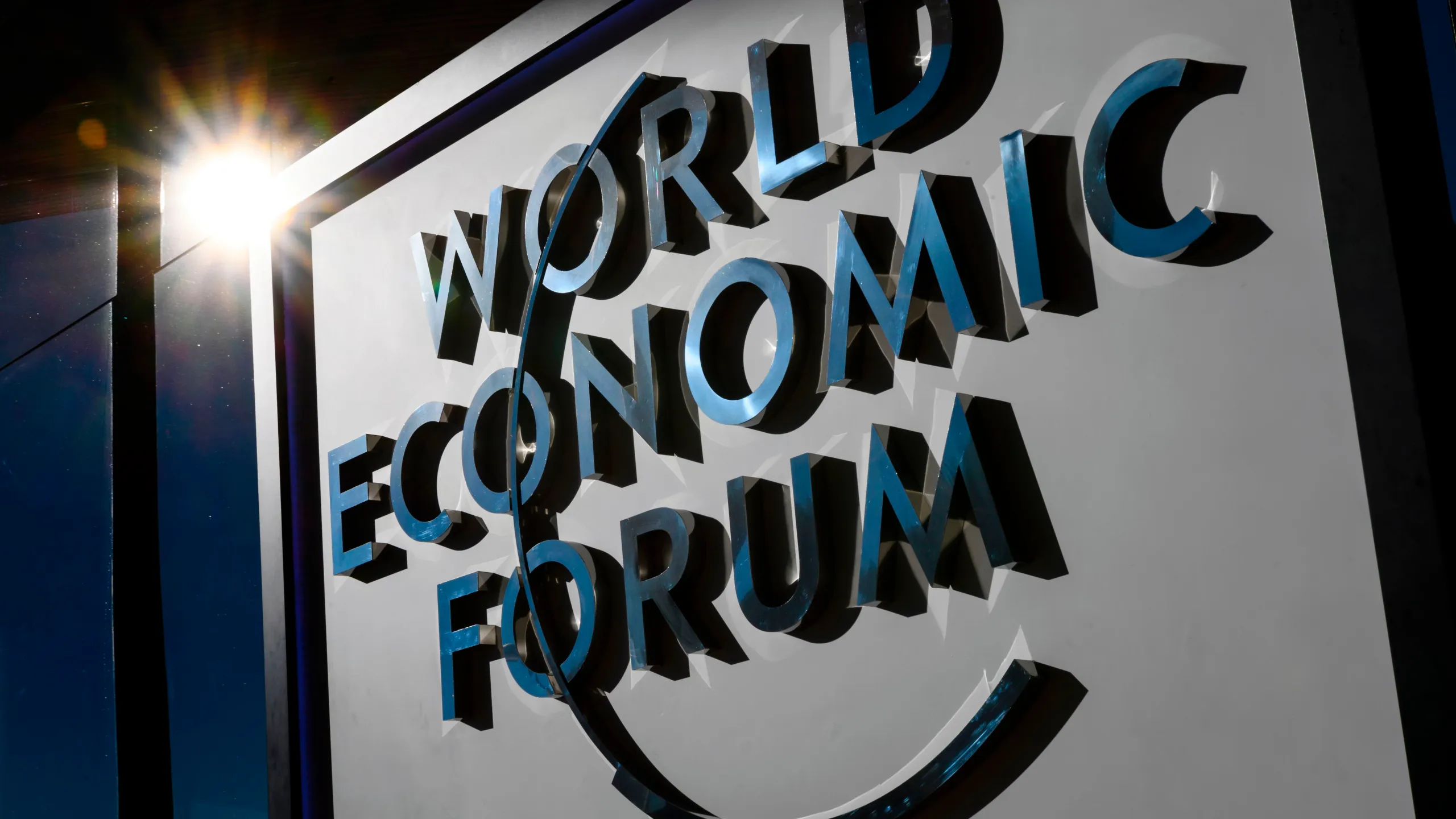The World Economic Forum’s Gender Gap Index Report 2024 underscores the critical importance of gender equality, framing it not just as a human rights imperative but as essential for achieving sustainable development and peaceful societies.
Despite progress, the global gender gap closed only slightly, reaching 68.5% in 2024. This improvement reflects advances in health, education, economic participation, and political empowerment, with varying degrees of closure across these domains.
Health and survival show the highest closure at 96%, followed closely by educational attainment at 94.9%. However, economic participation remains a challenge, with a gap closure of 60.5%, and political empowerment lags further at 22.5%.
The report projects that achieving full gender parity globally could take 131 years, extending beyond the 2030 Sustainable Development Goal target and highlighting the persistent barriers women face in achieving equal opportunities.

World Economic Forum’s Gender Gap Report 2024 Highlights Equality and Development Paths
Regionally, Europe leads with 75% closure, while the Middle East and North Africa rank lowest at 61.7%, despite notable progress since 2006. In Southern Asia, India’s performance is particularly concerning, having closed only 64.1% of its gender gap, resulting in an overall rank of 129th globally.
This places India behind most of its regional peers, underscoring significant challenges in economic participation and opportunity despite modest gains in political empowerment.
On a more positive note, the report identifies the top 10 most gender-equal countries, with Iceland leading at 93.5% closure. These nations serve as models, demonstrating that substantial progress toward gender parity is achievable through deliberate policies and societal commitments.
Looking forward, achieving gender equality demands intensified efforts from governments and businesses worldwide. It calls for transformative shifts in policies and mindsets to ensure women’s full participation in economic and political spheres.
Collaboration between stakeholders is crucial in advancing towards a future where gender parity is not just an aspiration but a reality, fostering a more equitable and prosperous global society for all.
